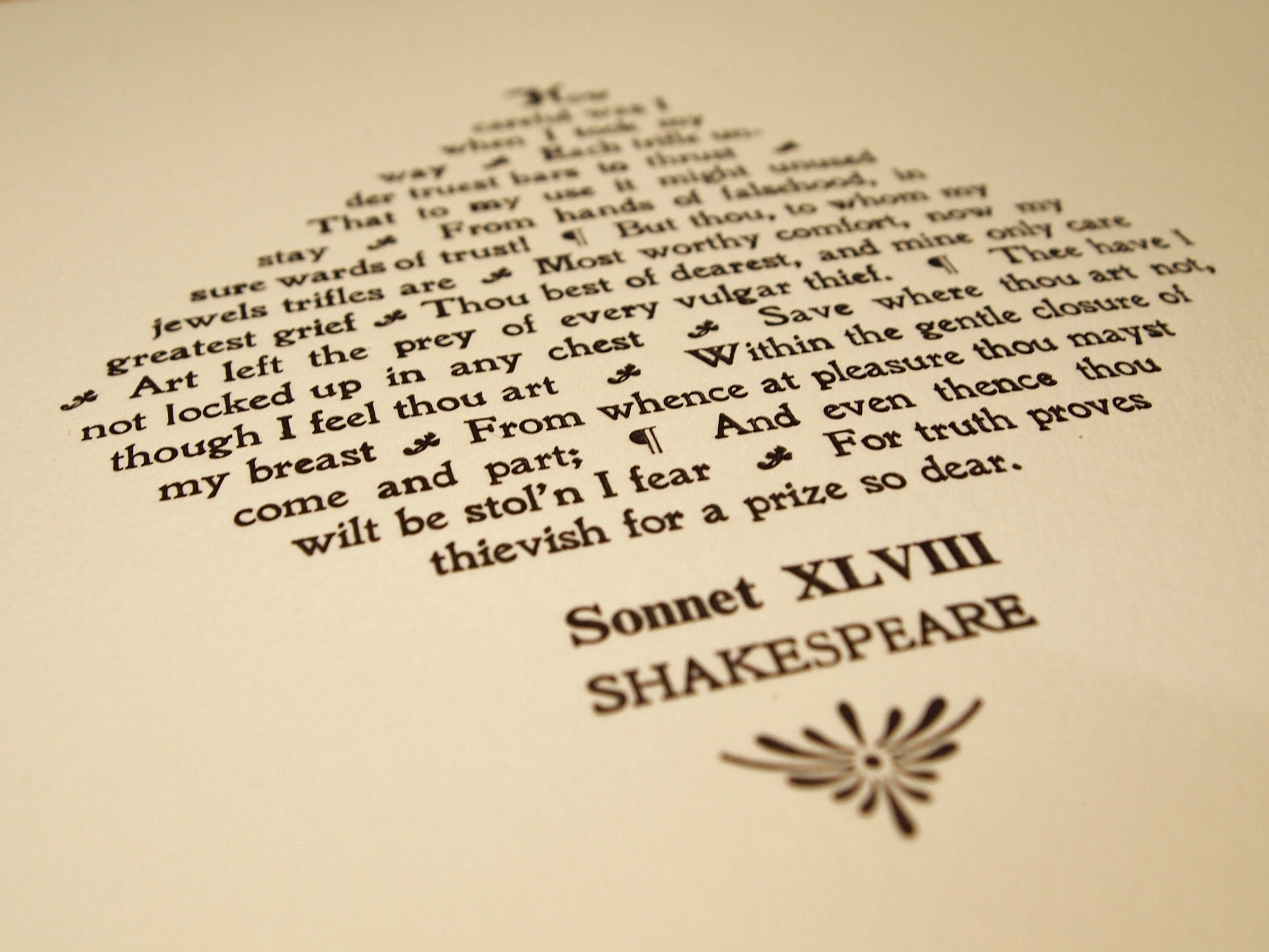

I’d like to close with my thoughts on the ending of this poem. So according to English Renaissance thought, what happens on earth is reflected in the heavens. What happens on earth is a reflection of what happens in the heavens, and vice versa. This echoes the famous line from As You Like It: “All the world’s a stage.” But it also implies a connection between the earthly realm and the heavenly realm, an idea that was reflected in the concept of the Great Chain of Being (see The Elizabethan World Picture by E.M.W. This one is much more subtle, only claiming that he perceives that “men as plants increase,” simply implying that reproduction is natural.īut the part of this poem that I found most interesting is lines 3 and 4: What struck me as different in this sonnet is his entreating to the youth to become a father is much more subdued than in his other ones, where he sometimes vehemently urges the youth to procreate. This falls into the category of “fair youth” sonnets and is one of Shakespeare’s procreation sonnets. The imagery that Shakespeare employs really connected with me. To change your day of youth to sullied night Īnd all in war with Time for love of you, Sets you most rich in youth before my sight,

Vaunt in their youthful sap, at height decrease,Īnd wear their brave state out of memory When I perceive that men as plants increase,Ĭheered and cheque’d even by the self-same sky, Whereon the stars in secret influence comment That this huge stage presenteth nought but shows 1579 drawing of the Great Chain of Being from Didacus Valades


 0 kommentar(er)
0 kommentar(er)
